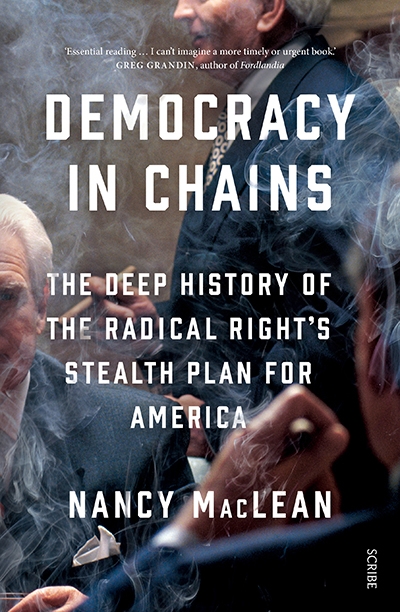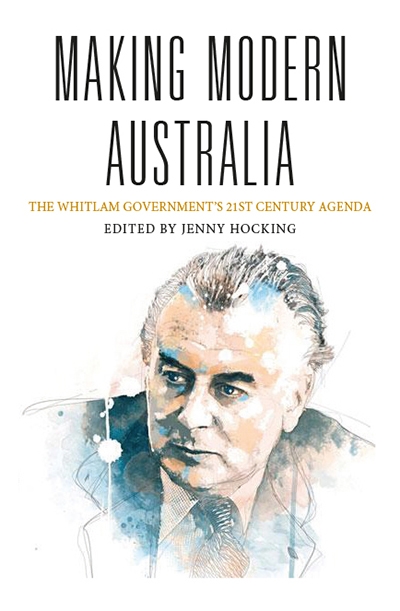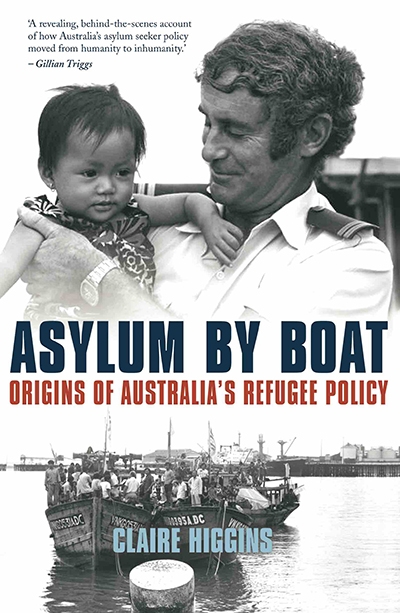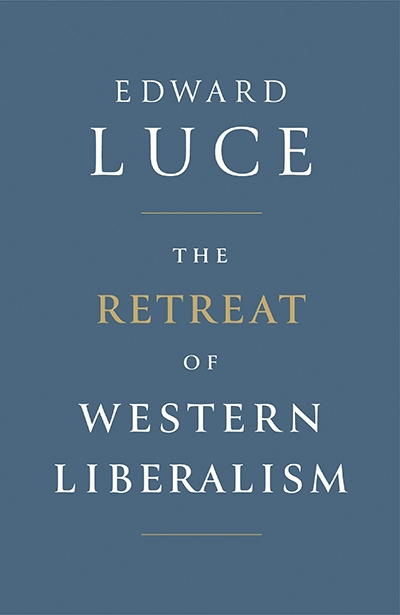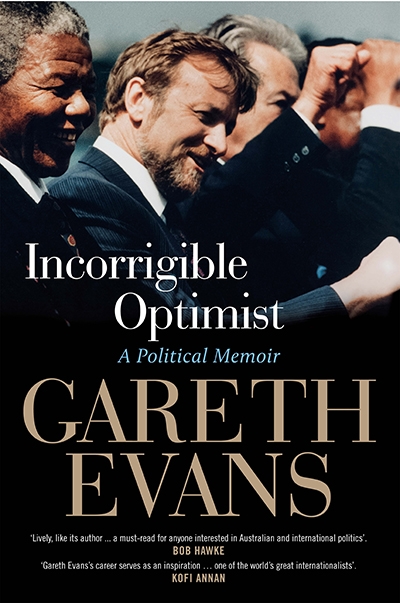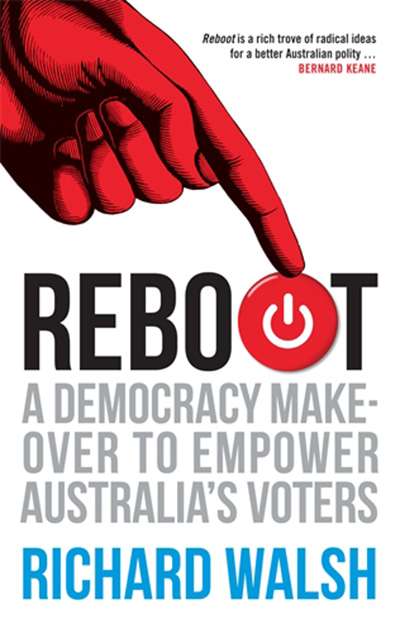Politics
Democracy in Chains: The deep history of the radical right’s stealth plan for America by Nancy MacLean
On 12 August 2017 a mob of neo-Nazis descended on the campus of the University of Virginia in Charlottesville, chanting racial epithets while openly carrying rifles and pistols. Many of the participants were from groups that advocate not just racial supremacy but the end of the US federal government, which they see as tyrannical ...
... (read more)Easternization: Asia’s Rise and America’s decline: From Obama to Trump and beyond by Gideon Rachman
Competing with Middle Eastern wars, terrorist attacks, and presidential tweets, Asia still tends to receive less attention than it merits. Furthermore, while geopolitical tectonic-shifts are occurring in the Indo-Pacific, it can be difficult to step back from daily headlines to assess the current transformation in its entirety. In Easternization, Gideon Rachman ...
... (read more)This is a book with a strange genesis. Its author, Derek Rielly, explains that he confessed to an agent one night that he’d always wanted to meet Bob Hawke. Her response was: ‘I know a publisher who loves Bob. Get me a proposal.’ In order to obtain Bob’s cooperation, Rielly had first to win over Blanche d’Alpuget and ...
... (read more)The Dismissal Dossier: Everything you were never meant to know about November 1975 by Jenny Hocking
Paul Keating claims that he wanted to arrest John Kerr. There were perhaps two points at which Kerr might justly have been taken into custody. There was the critical moment just after he handed Gough Whitlam the letter sacking him. Margaret Whitlam wondered why her husband had not simply slapped Kerr across the face ...
... (read more)Please Explain by Anna Broinowksi & Rogue Nation by Royce Kurmelovs
More than any other political party in Australia, One Nation represents a puzzle for commentators. When trying to explain its support – which has hovered around ten per cent since its revival in 2016 – the temptation is to look for subtext, something deeper, beneath the surface. Could the party’s cultural pitch really be a code for ...
... (read more)Making Modern Australia: The Whitlam government’s 21st century agenda edited by Jenny Hocking
In his powerful eulogy for Gough Whitlam at the Sydney Town Hall in November 2014, Noel Pearson described the former prime minister – this ‘old man’ – as one of those rare people who, though he never suffered discrimination, understood the importance of protection from its malice. Pearson speculated on the apparent paradox ...
... (read more)Asylum By Boat: Origins of Australia’s refugee policy by Claire Higgins
In early October 2017, Thomas Albrecht, the Canberra-based Regional Representative of the United Nations High Commissioner for Refugees (UNHCR), took to The Guardian to register his dismay about the Australian government’s response to asylum seekers. ‘The current policy has been an abject failure,’ he wrote. ‘A proper ...
... (read more)The Retreat of Western Liberalism by Edward Luce & The Fate of the West: by Bill Emmott
Anyone who has paid any attention to the words coming out of the mouths of populist figureheads like Donald Trump, Nigel Farage, Marine Le Pen, and Geert Wilders will know this: populists traffic in nostalgia. For them, the best days are always our yesterdays – before the West was corrupted by the onslaught of progressive ...
... (read more)Gareth Evans is one of the more interesting figures from the Hawke–Keating governments, not alone as a high achiever in a talented team, nor in the tenacity that saw him remain so long in the inner circle, but unusual in forging a cosmopolitan career of such substance thereafter. His political memoir demonstrates the continuity ...
... (read more)Reboot: A democracy makeover to empower Australia’s voters by Richard Walsh
For the past few years, teaching at the Australian National University, I have asked first year politics students whether they would personally consider joining a political party. The question usually produces a few enthusiastic Labor activists, one or two Greens members, and the odd brave Young Liberal. Once, a student flirted with the Sex Party. But the overwhelmi ...


